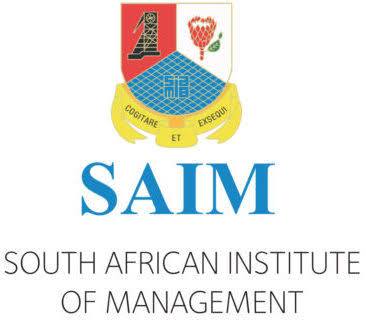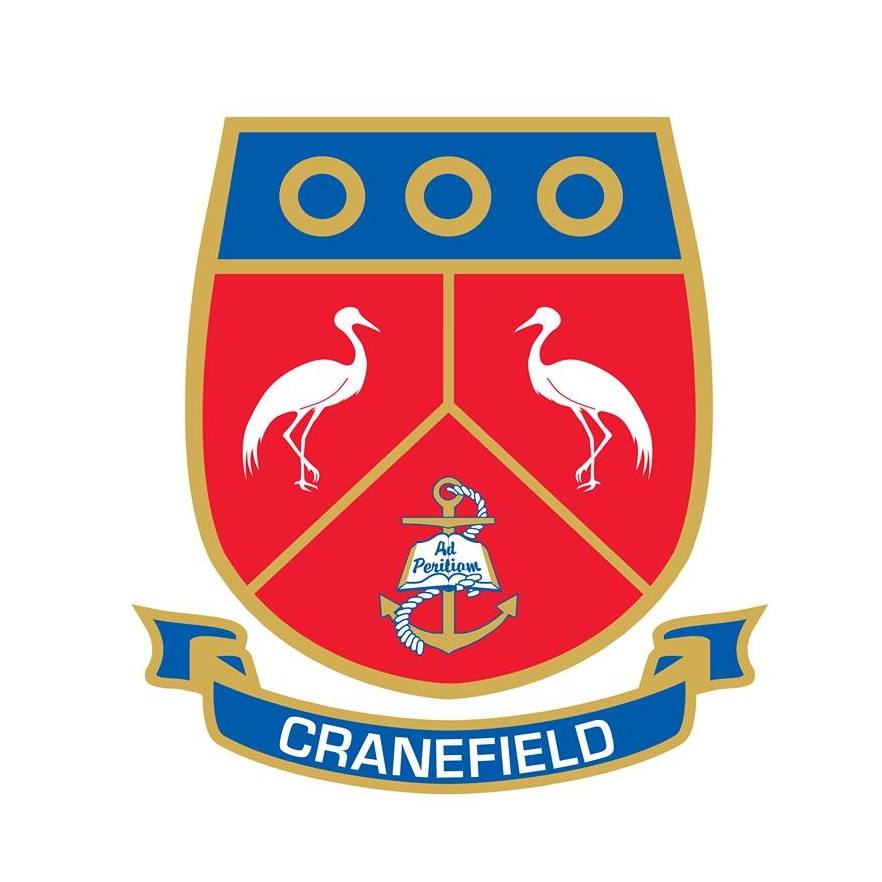The South African Institute of Management seeks to promote and advocate for world-class management standards in South Africa. The aim of this programme is to equip managers and aspiring managers with requisite management skills and competencies. The program is open to all members.

The South African Institute of Management seeks to promote and advocate for world-class management standards in South Africa. The aim of this programme is to equip managers and aspiring managers with requisite management skills and competencies.
The program is open to all members. Upon completion of the programme one will receive a Certificate of Competence.
Management Principles:
Equips one with the fundamentals and underlying values of management.
Explain 'management' as a study subject.
Provide a detailed explanation of the evolution of management theory, including modern approaches to management.
Explain the organisation and its environment.
Discuss managerial decision-making.
Discuss organisational change.
Discuss the formation and behaviour of groups in organisations.
Explain organisational goal-setting and planning.
Explain the components of organising.
Provide an explanation of motivation theories.
Explain leadership theories.
Explain the subject of 'control' in organisations.
Business Communication:
Equips one with requisite communication skills which aids to the success of the organisation.
Basic Principles of Communication Theory
Interpersonal Relationships and Social Interaction
Communication in the Business Organisation
Media Modes (Media Systems)
Advertising
Meeting procedures and correspondence
Oral communication
Business Media
Business correspondence
Non-verbal
Cross cultural communication
Business Accounting:
Equips one with basic bookkeeping skills and equips one with the ability to interpret financial statements.
Get an understanding of accounting language and how accountants think. This includes concepts of debit and credit, depreciation methods, and stock control methods (only distinguish between periodic and perpetual stock systems).
Get an understanding of accounting and systems within an organisation and be able to do a basic set of books. This will allow them, as managers, to investigate a set of books in order to check that there are no major problems.
Allocate expenses and revenue correctly. It will also allow them to give direction on the structure of set of accounts in order to control their organisations more efficiently.
Get an understanding on financial impact of management decisions.
Get an understanding of and briefly analyse financial statements for various types of business entities.
Ability to draw up income and expenditure budgets and cash budgets, and understand the use of budgets.
understanding of the impact of pricing and margins on profits.
The SAIM was conceived primarily as an Education and Training Body as well as an Examining Body responsible for defining the format, content and standards of SAIM manager-development programmes—the conduct of National Examinations—the award of Certificates and Diplomas to students who have successfully passed the SAIM examinations.

This class will teach you how to budget and work out the cost and profits on cakes.

Project Management (NQF) (level 2) course is offered By Nkangala TVET College.

This course prepares a team leader or project manager to understand and use SCRUM processes to manage a team to set and reach their goals. This course is aligned for you to write the Professional Scrum Master I Certification with scrum.org thereafter.

Programme Description: The FET Certificate: Project Management at NQF Level 4 is designed for learners wanting to work in or with project management teams or use a project approach to their business. The projects may be technical, business, government or community development projects and will cut ...

Advanced Certificate in Project Management Course (AdvCertPM) NQF L6 Course is Offered by Cranefield College
© 2025 coursetakers.com All Rights Reserved. Terms and Conditions of use | Privacy Policy